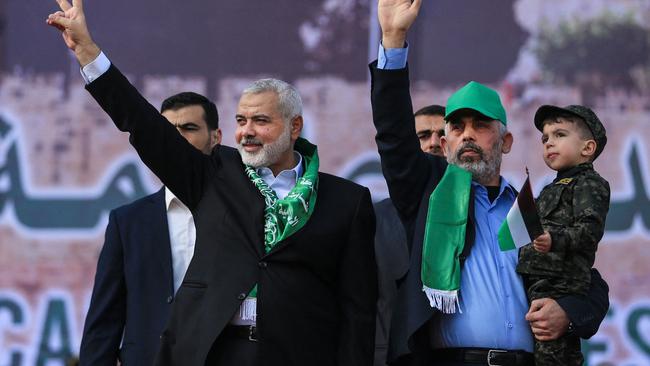
Israel was never going to let the architect of October 7, the worst massacre of Jews since the Holocaust, live to a ripe old age. The miracle for Sinwar was that he managed to survive as long as he did – for just over a year after that atrocity, hiding underground like a rat in the honeycomb labyrinth of Hamas’ tunnel network in Gaza.
Sinwar was all but impossible to find in part because he communicated orders only verbally or in writing, keeping well away from any form of electronic communication which could give away his position.
But Sinwar was Israel’s number one target and it was only a matter of time before he was eventually hunted down.
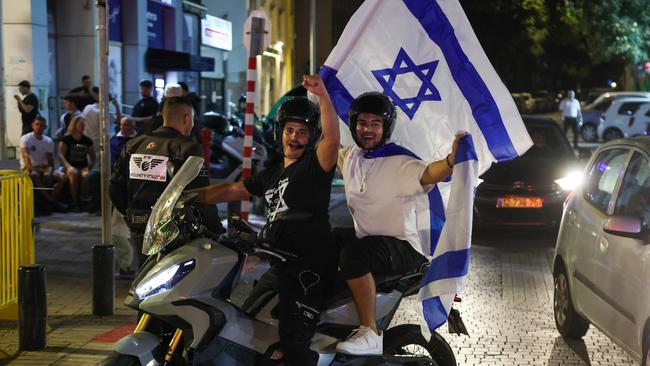
His death is a triumph for Israel and a milestone in the bloody conflict in Gaza. It raises several key questions – what does it mean for the war in Gaza; what does it mean for those Israeli hostages still held by the terror group: what does it mean for the future of Hamas and what does it mean for a ceasefire and an eventual political settlement?
Israel’s prime minister Benjamin Netanyahu made it clear that Sinwar’s death would not end Israel’s war on Hamas, saying that “Today, evil took a heavy blow — the mission ahead of us is still unfinished,” he said, adding that his death was “an important milestone in the sunset of Hamas’s rule in Gaza.”
The most critical immediate concern for Israelis is what Sinwar’s death means for the approximately 60 Israeli hostages still believed to be alive in Gaza. His death could place them in greater danger if Hamas chooses to take its revenge out on them.
But Sinwar’s death may also open opportunities to revive the stalled negotiations for a ceasefire and a hostage release deal. These negotiations had stalled largely because of Sinwar’s refusal to agree to Israel’s demands and his constant re-writing of Hamas’ conditions.
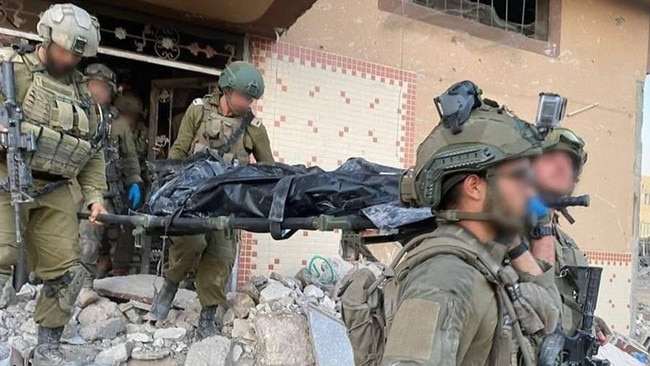
His death marks the symbolic end of Hamas as a coherent military force in Gaza. Israel had already broken the back of the terror group, although at a terrible civilian cost, over the past year.
With his death, Hamas will lose whatever remains of a central command and control function in Gaza. But Hamas is already re-birthing itself as a guerrilla force, capable of inflicting small but deadly attacks on occupying Israeli forces inside Gaza. Sinwar’s death will not change this fact and will not remove this ongoing threat to Israel.
But Sinwar’s murderous actions on October 7 and his callous disregard for the lives of Palestinians killed in Israel’s inevitable reprisals, have had the effect of destroying his beloved Hamas as a military and political force.
The group no longer has the ability to conduct another October 7-style attack on Israel and it will never be permitted to rebuild itself to that level again.
Sinwar will be replaced, as terror leaders always are, but it is unclear who Israel will now deal with and what it means for the prospects of an eventual political settlement which will require Hamas to agree to give up its role as the administrator of the broken enclave.
But amid all these uncertainties, one thing is clear – Israel has done the world a favour by killing one of the most evil terrorists of our time, someone who was willing to kill his own people as much as he was to kill his enemies.
Gaza, Israel and the world will be a better place without Yahya Sinwar.


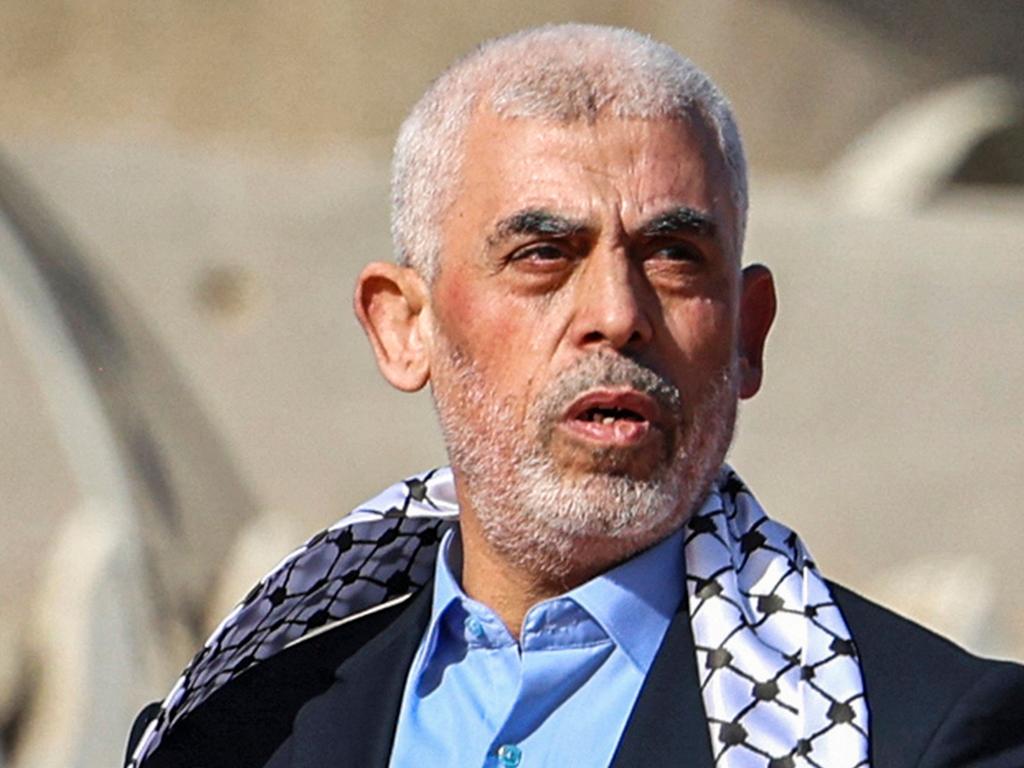
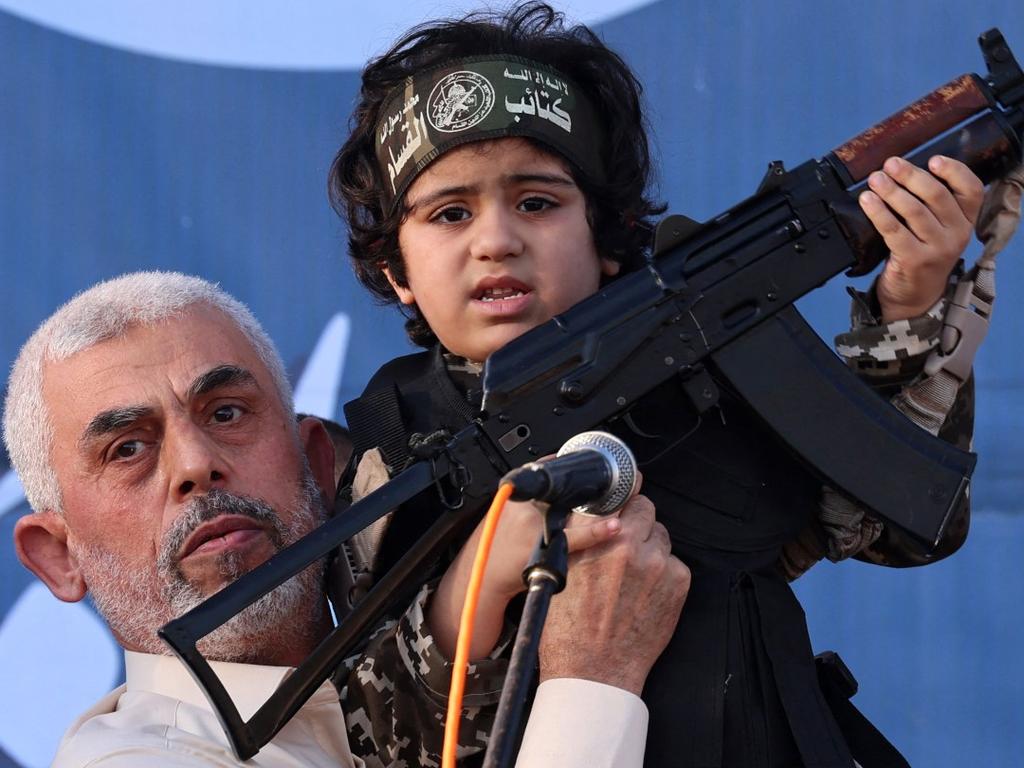


Hamas leader Yahya Sinwar was a dead man walking long before he was finally killed in battle with Israeli troops in Gaza on Wednesday.